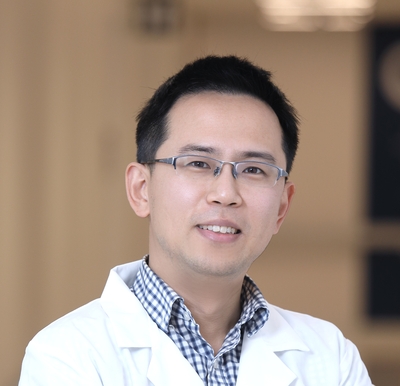
Research Topics
Secreted proteins such as cytokines, growth factors, and soluble enzymes orchestrate intercellular signaling and immune regulation. Although they have long been studied, secreted protein–based anticancer therapies remain limited, in part because systematic knowledge of their functions in cancer is lacking. The Human Protein Atlas estimates that about two thousand human genes encode secreted proteins, yet our literature mining revealed that 61% have no known role in cancer development.
My research focuses on developing data-integration and artificial intelligence frameworks to uncover how secreted and extracellular proteins shape tumor immune evasion and resistance to immunotherapy. We build computational methods and leverage diverse immunological models to quantify cytokine signaling activities, identify secreted protein modulators of antitumor immunity, and dissect ligand–receptor interactions using spatial transcriptomics. Through these works, we aim to reveal new principles of immune regulation and discover therapeutic opportunities that harness intercellular communication to overcome cancer.
Biography
Dr. Peng Jiang started his research program at the National Cancer Institute (NCI) in July 2019 and was awarded tenure in July 2025. His Lab focuses on developing big-data and artificial intelligence frameworks to identify biomarkers and new therapeutic approaches for cancer immunotherapies in solid tumors. Before joining NCI, he finished his postdoctoral training at the Dana Farber Cancer Institute and Harvard University (2013 - 2019). Dr. Peng finished his Ph.D. at the Department of Computer Science & Lewis Sigler Genomics Institute at Princeton University (2007 - 2013), and his undergraduate study with the highest national honors at the Department of Computer Science at Tsinghua University, Beijing, China (GPA rank 1st in his year, 2003 - 2007). He is a recipient of the NCI K99 Pathway to Independence Award, the Scholar-In-Training Award of the American Association of Cancer Research, the Technology Innovation Award of the Cancer Research Institute, and the NCI Director's Award of Data Science.
Related Scientific Focus Areas
This page was last updated on Sunday, December 21, 2025




